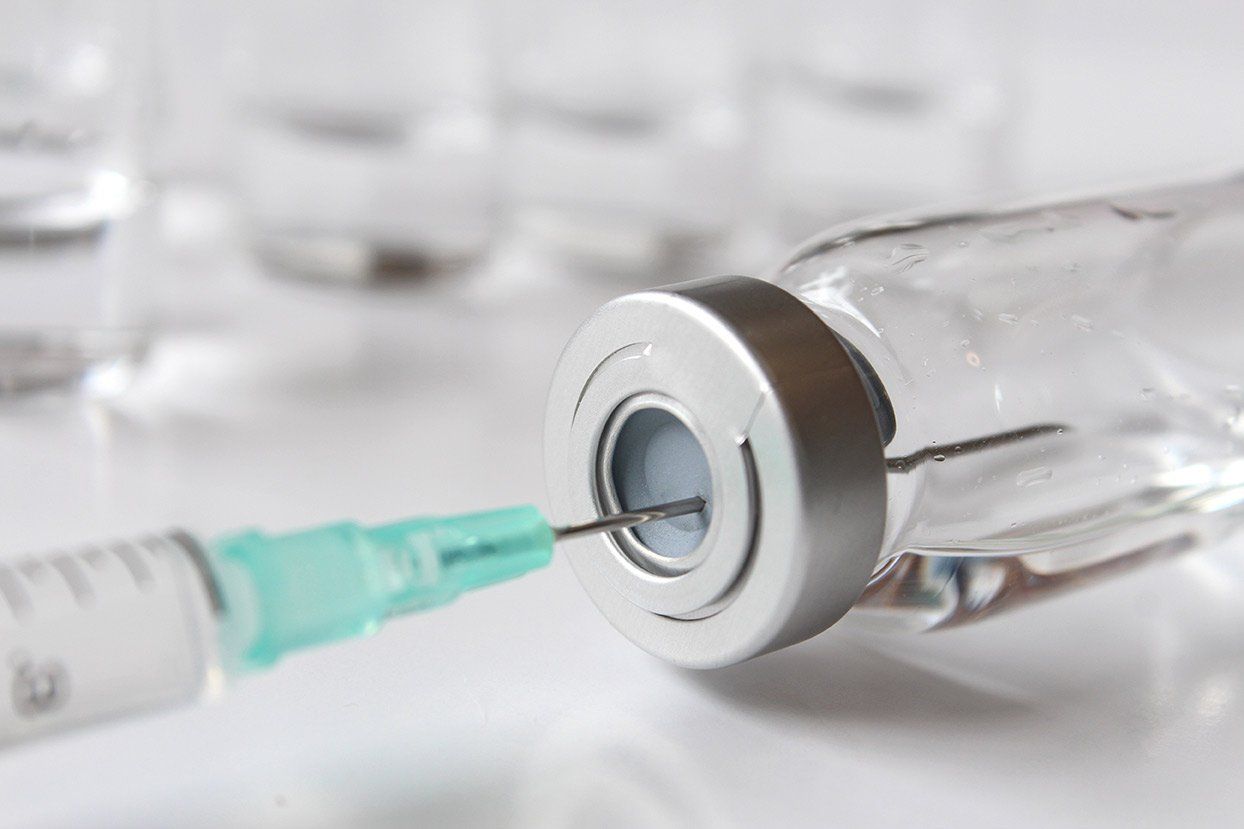795,000 Americans a year die or are permanently disabled after being misdiagnosed
Top medical researchers are sounding the alarm that an estimated 795,000 American patients continue to die or become permanently disabled each year because they are being diagnosed with the wrong conditions.
For years, the public hasn't known much about the full scope of medical misdiagnoses that happen in the U.S., according to a new report released by the Johns Hopkins Armstrong Institute Center for Diagnostic Excellence. Until now, estimates of annual incorrect diagnoses have varied widely, the report says.
Now, researchers say an estimated 371,000 patients die and 424,000 are permanently disabled each year because they are incorrectly diagnosed across a range of medical care settings — not just in the family doctor's office.
The estimate "matches data produced from multiple prior studies that focused on diagnostic errors in ambulatory clinics and emergency departments and during inpatient care," the report says.
The enormous numbers of misdiagnoses are a public health emergency, the report's lead author said. “Diagnostic errors are, by a wide margin, the most under resourced public health crisis we face," said Dr. David Newman-Toker, director of the Johns Hopkins diagnostic excellence center.
Medical professionals almost always misdiagnose diseases when a person's symptoms look like possible symptoms for a different condition, Newman-Toker told USA TODAY. The more subtle the symptom appears, the more likely it is the patient's problem will be misdiagnosed, he said.
"We don't miss strokes when somebody is paralyzed on one side and can't talk," he said. "We miss them when they look like something else that's benign."
How often do doctors misdiagnose conditions?
Overall, medical providers misdiagnose diseases about 11% of the time, the report says.
Some diseases are missed at low rates, whereas others are missed more than half the time, researchers found.
On the lower end of the spectrum, only 1.5% of heart attacks are misdiagnosed, researchers found. On the higher end: 62% of spinal abscess are incorrectly diagnosed.
Heart attacks have such a low rate of misdiagnosis "because we're made a sustained investment over decades" on better diagnostic resources and have passed regulations saying they must be put in place, Newman-Toker said.
For spinal abscesses, their rarity contributes to their high rate of misdiagnoses, he said.
Strokes are top problem among misdiagnosed conditions
Researchers found strokes that are misdiagnosed are the most serious problem for patients and their families.
Among all cases of stroke, the condition was missed in more than 17.5% of the time, researchers said.
One of the main reasons for this is because some people only show dizziness and vertigo as a symptom for stroke, which can unfortunately get misdiagnosed as inner ear disease, Newman-Toker said. Or, someone who had a stroke could just have headaches.
Doctors are not currently being trained across the board on how to differentiate dizziness caused by stroke and the same symptom caused by inner ear disease, he said.
Doctors miss these 5 diseases the most, researchers say
Just five diseases account for nearly 40% of all deaths and permanent disabilities stemming from incorrect diagnoses, according to the report.
- Stroke
- Sepsis
- Pneumonia
- Blood clots
- Lung cancer
Because a small number of diseases make up a large share of the problem, researchers say they are hopeful it will be easy for medical care providers to focus their efforts in certain areas.
"It means we can make a lot of headway in a relatively shorter amount of time, without having to boil the ocean," Newman-Toker said.
The report found reducing diagnostic errors by 50% for stroke, sepsis, pneumonia, pulmonary embolism and lung cancer could cut permanent disabilities and deaths by 150,000 per year.
Article reposted with permission from Claire Thornton. Original article can be found on USA Today.











Share On: